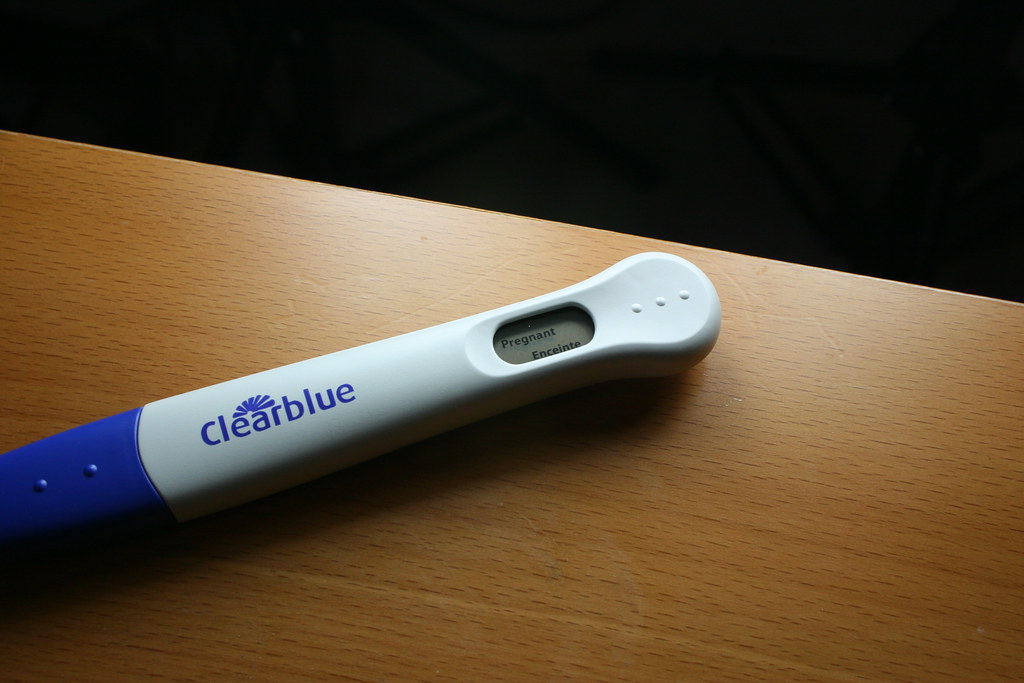When you suspect you might be pregnant, choosing the right pregnancy test may provide the clarity you need. Understanding the different types available helps you make an informed decision about which option best suits your situation. Two main categories exist: urine tests and blood tests, each with distinct advantages and timing factors.
How Do Urine Tests Work?
Home urine pregnancy tests detect human chorionic gonadotropin (hCG) in your urine. This hormone increases rapidly after a fertilized egg implants in the uterus. Most tests use antibodies that bind to hCG and produce a visible result through color changes or digital displays.
You can find these tests at pharmacies, grocery stores, and online retailers. They offer convenience and privacy since you can use them at home. Most manufacturers recommend testing with your first morning urine, which contains the highest concentration of hCG.
Digital tests display words like “pregnant” or “not pregnant,” while traditional tests show lines or symbols. Both pregnancy test types provide similar accuracy when used correctly. Results typically appear within three to five minutes of taking the test.
When Are Blood Tests Recommended?
Healthcare providers may recommend blood tests when earlier detection or more precise results are needed. These tests can identify pregnancy as early as six to eight days after ovulation. Blood tests also measure exact hCG levels, which help monitor the progression of pregnancy.
Two types of blood pregnancy tests exist: qualitative and quantitative. Qualitative tests confirm the presence of hCG, similar to urine tests. Quantitative tests measure specific hCG amounts and can track changes over time.
Your provider might order blood tests if you have irregular periods that make timing difficult. They also use them to monitor potential complications or confirm results from home tests. Blood tests require a laboratory visit but offer greater sensitivity than urine options.
What Factors Affect Pregnancy Test Accuracy?
Several factors can influence your pregnancy test results, regardless of which type you choose. Understanding these variables helps you interpret results correctly and decide when to retest.
Timing factors:
- Testing too early may produce false negatives since hCG levels might be too low to detect
- Waiting until after your missed period increases accuracy for most urine tests
- Blood tests can detect pregnancy earlier than urine tests
Test quality and usage:
- Expired tests may not work correctly and may give incorrect results
- Following the package instructions precisely for optimal performance
- Diluted urine from drinking excessive fluids can affect home test accuracy
Individual factors:
- Some medications containing hCG can cause false positives
- Certain medical conditions may interfere with hormone levels
- Recent pregnancy loss or fertility treatments can affect results
The accuracy of pregnancy tests improves significantly when you use them correctly and at the appropriate time. Home urine tests are about 99% accurate when used on or after your missed period. Blood tests maintain similar accuracy rates but can detect pregnancy sooner. If you receive conflicting results or have concerns about accuracy, think about retesting in a few days. Different brands may have varying sensitivity levels, so trying another test may provide additional confirmation.
Consult a Provider
Pregnancy tests offer pivotal initial information, but consulting a healthcare provider is key for comprehensive care and guidance. A provider can confirm your results through clinical testing and help you understand your next steps based on your unique situation. Scheduling an appointment allows you to receive answers to any questions about your results and access to prenatal care if needed. This support helps you navigate your health journey with confidence and the information you need to move forward.





Leave a Reply